The new Covid vaccine is expected to be approved as soon as Thursday by the Food and Drug Administration (FDA).
Since the first series, the vaccines have been updated three times to match the current strains. The shots are expected to be available within days once approved by the FDA.
Earlier Rollout
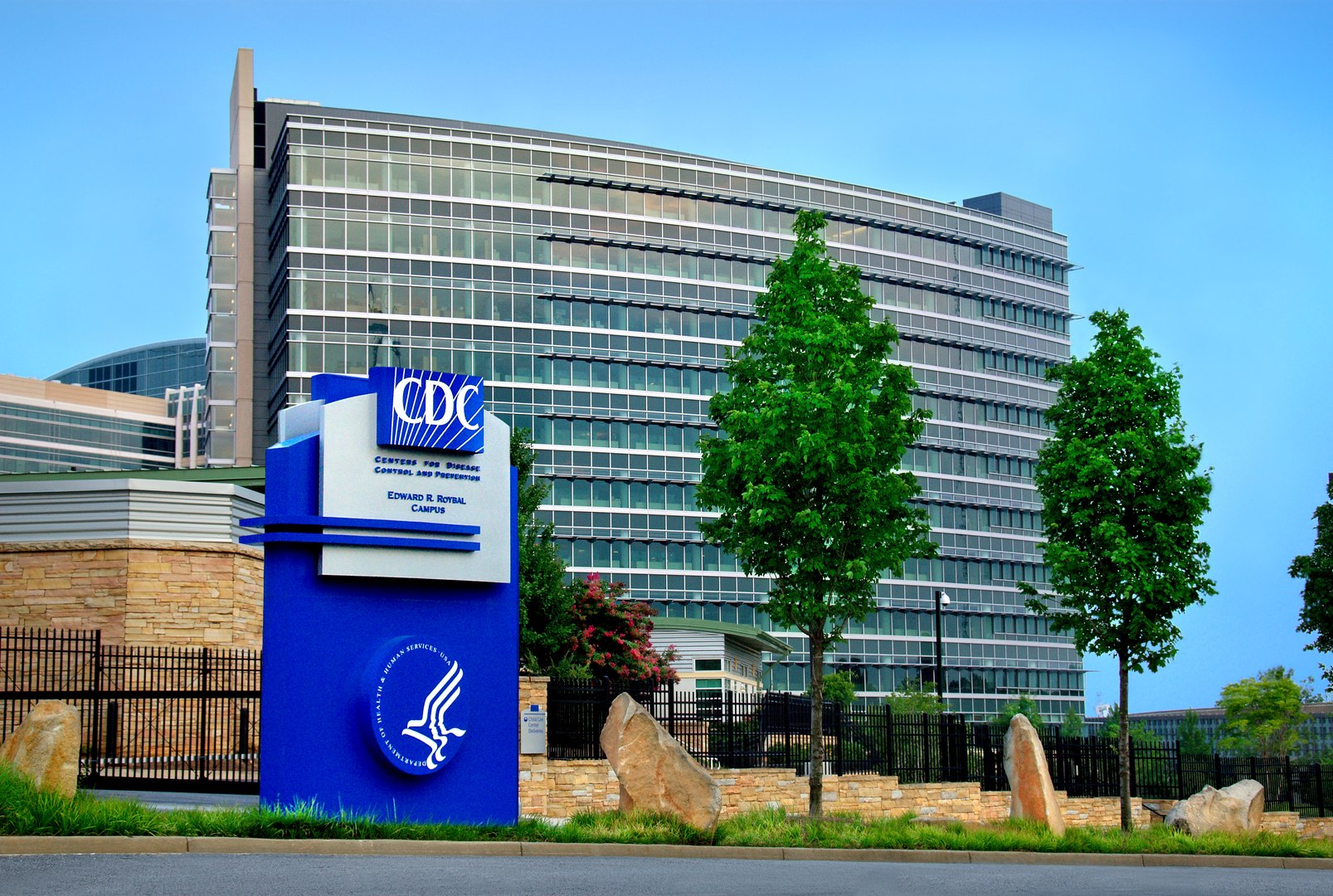
Since the majority of the United States is still afflicted by the summer wave of Covid illness, the timing of the new vaccines is crucial—the rollout occurred in mid-September last year.
The Centers for Disease Control and Prevention reported on Monday that the number of people who test positive for Covid continues to rise and that the number of people who visit the emergency room for Covid has been rising since the middle of May. Hospitalizations are on the rise as well.
Updated Formulas
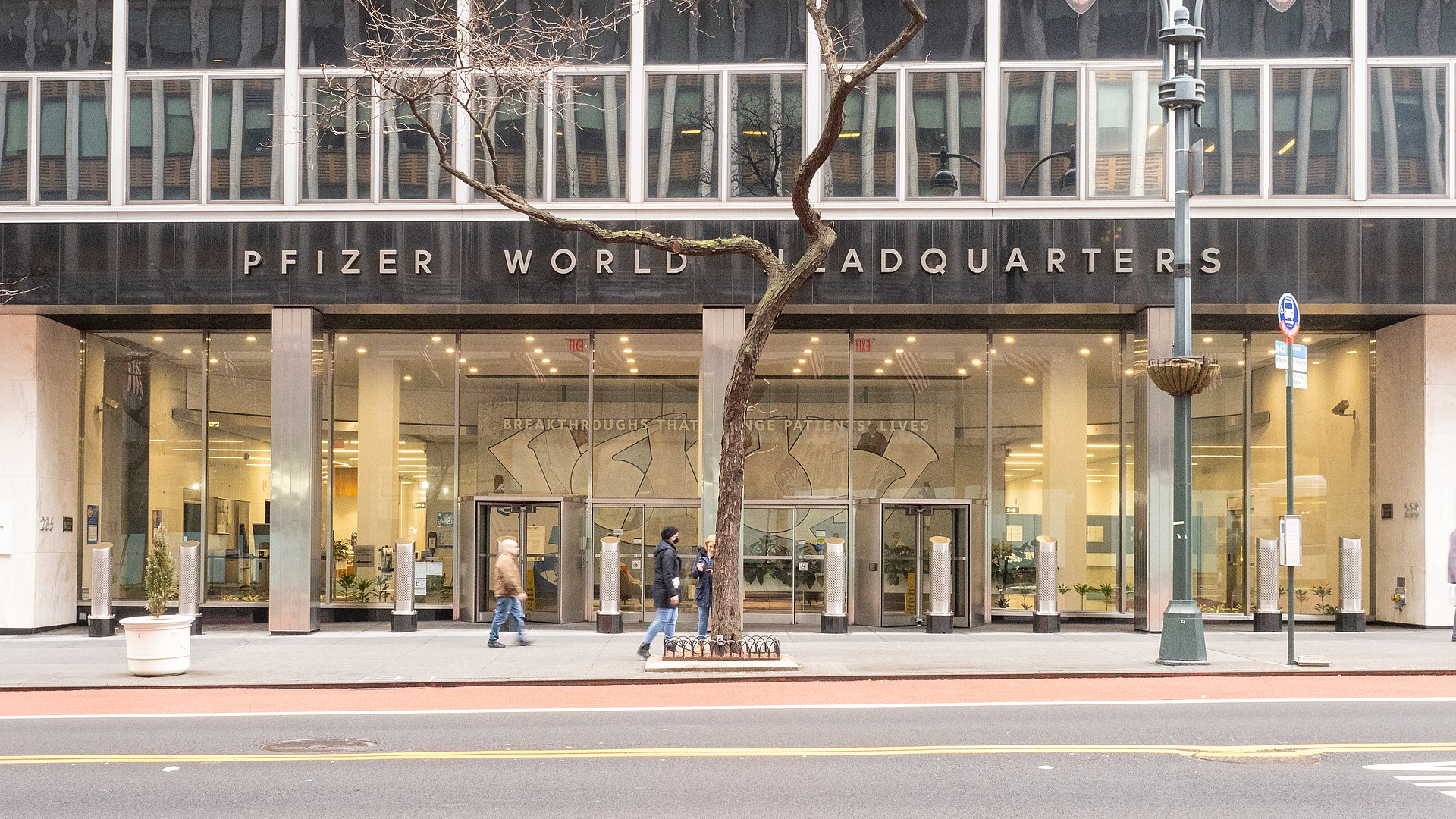
The new shots from Pfizer and Moderna are intended to focus on the KP.2 strain, a relative of the exceptionally infectious JN.1 variation that started circulating rapidly in the U.S. the previous winter. The drugmakers working on the new doses in June after the FDA encouraged them to renew the formulas to match the form of the infection that was making progress in the U.S.
A third vaccine, from drugmaker Novavax, has been refreshed to focus on the JN.1 strain. JN.1 and KP.2 have generally faded from dissemination, as indicated by the CDC.
New Sister Strain
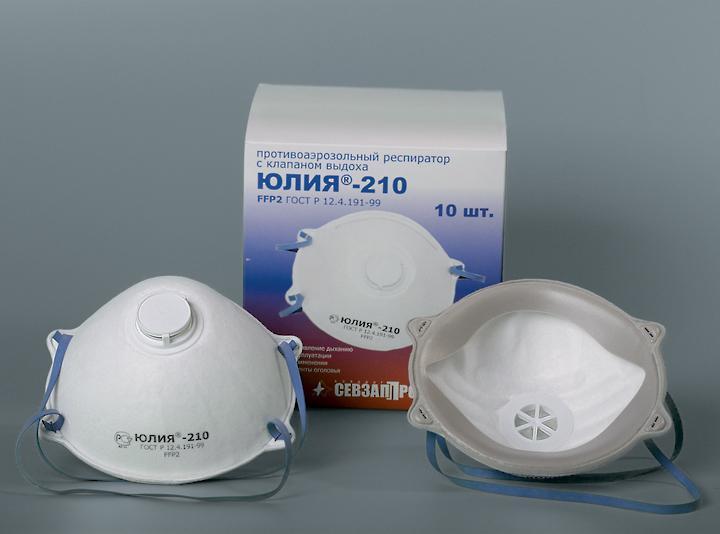
As of Saturday, a sister strain known as KP.3.1.1 accounts for 36% of all new Covid cases, and another sister strain known as KP.3 accounts for approximately 17%.
It’s unclear precisely how powerful the antibodies will be against the more up-to-date strains, yet specialists expect that they will safeguard against serious disease.
“Substantially Improved”
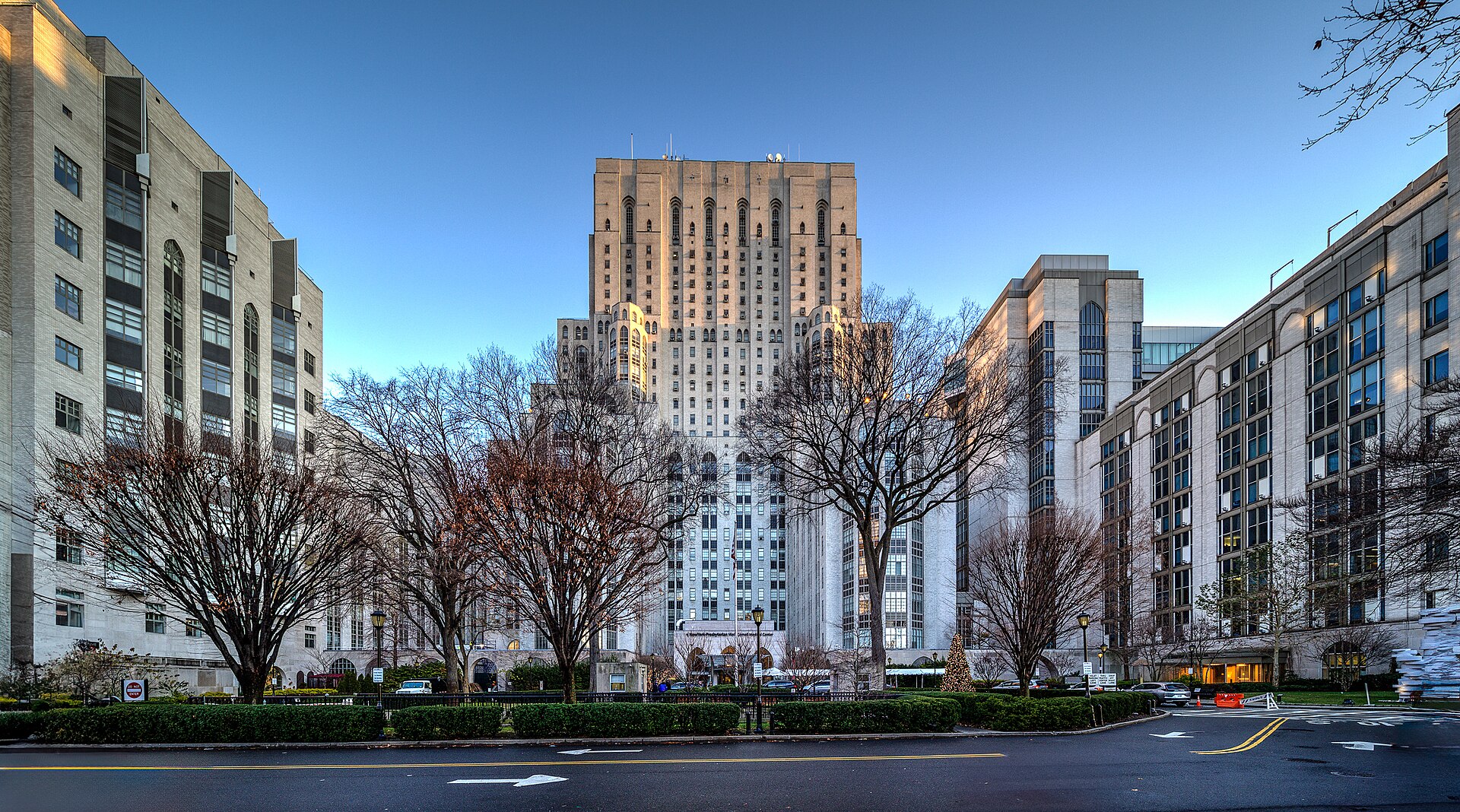
According to a Pfizer spokesperson who spoke to NBC News, the company’s vaccine produces an immune response that is “substantially improved” when compared to earlier versions of the vaccine against multiple variants that are currently in circulation, including KP.3.
There are “very minor sequence differences” between the variations, according to John Moore, a professor of microbiology and immunology at Weill Cornell Medical College.
Incremental Changes
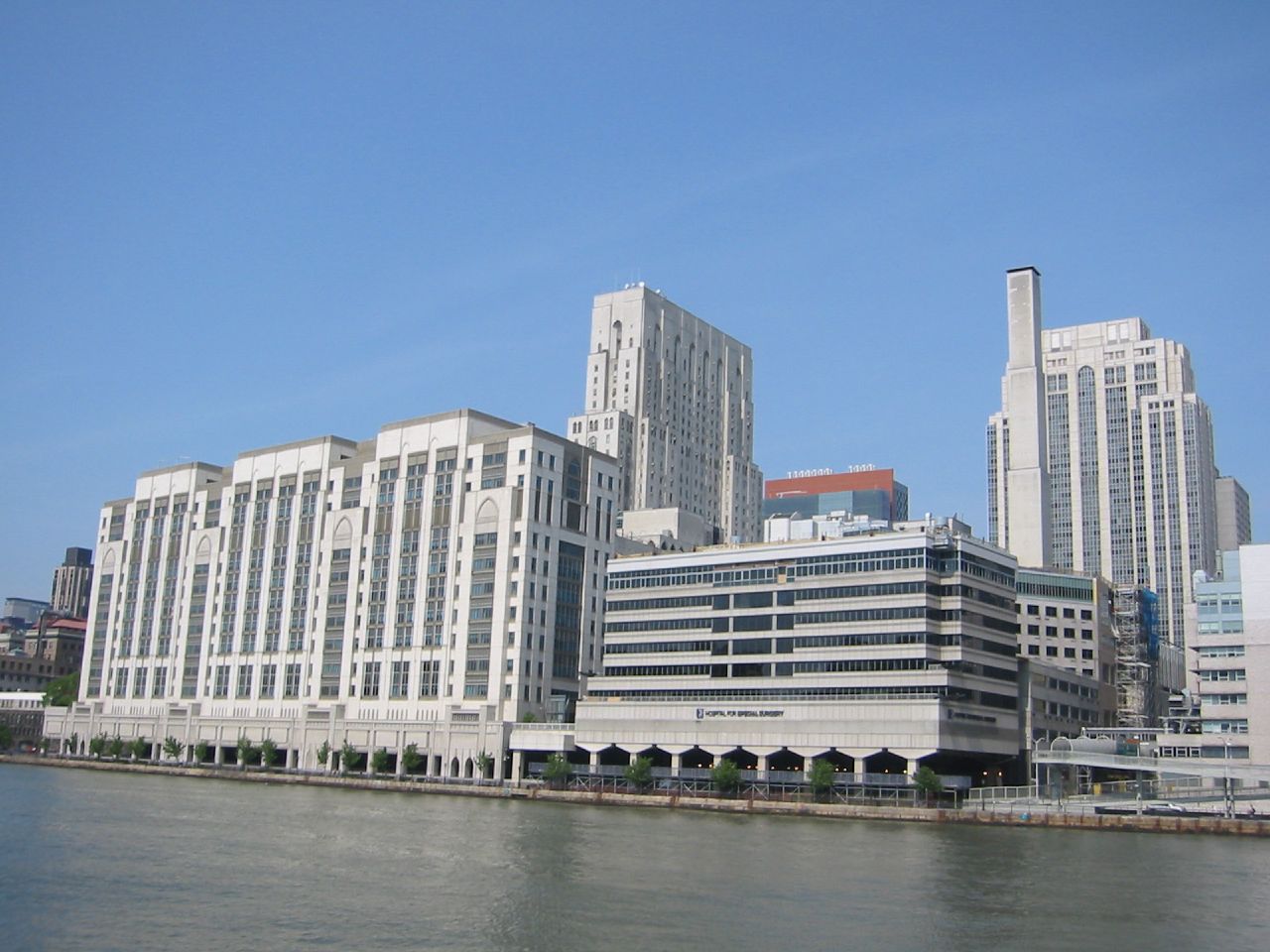
KP.3.1.1 is similar to JN.1 and KP.2, according to a paper that was published this month in the journal Infectious Diseases. However, it has a few more mutations that may make it easier to spread.
Moore stated, “All these changes are incremental. They do not change the overall big picture. KP.3.1.1 is just another step in the road that the overall Omicron lineage is taking towards greater transmissibility.”
“Last a Very Long Time”
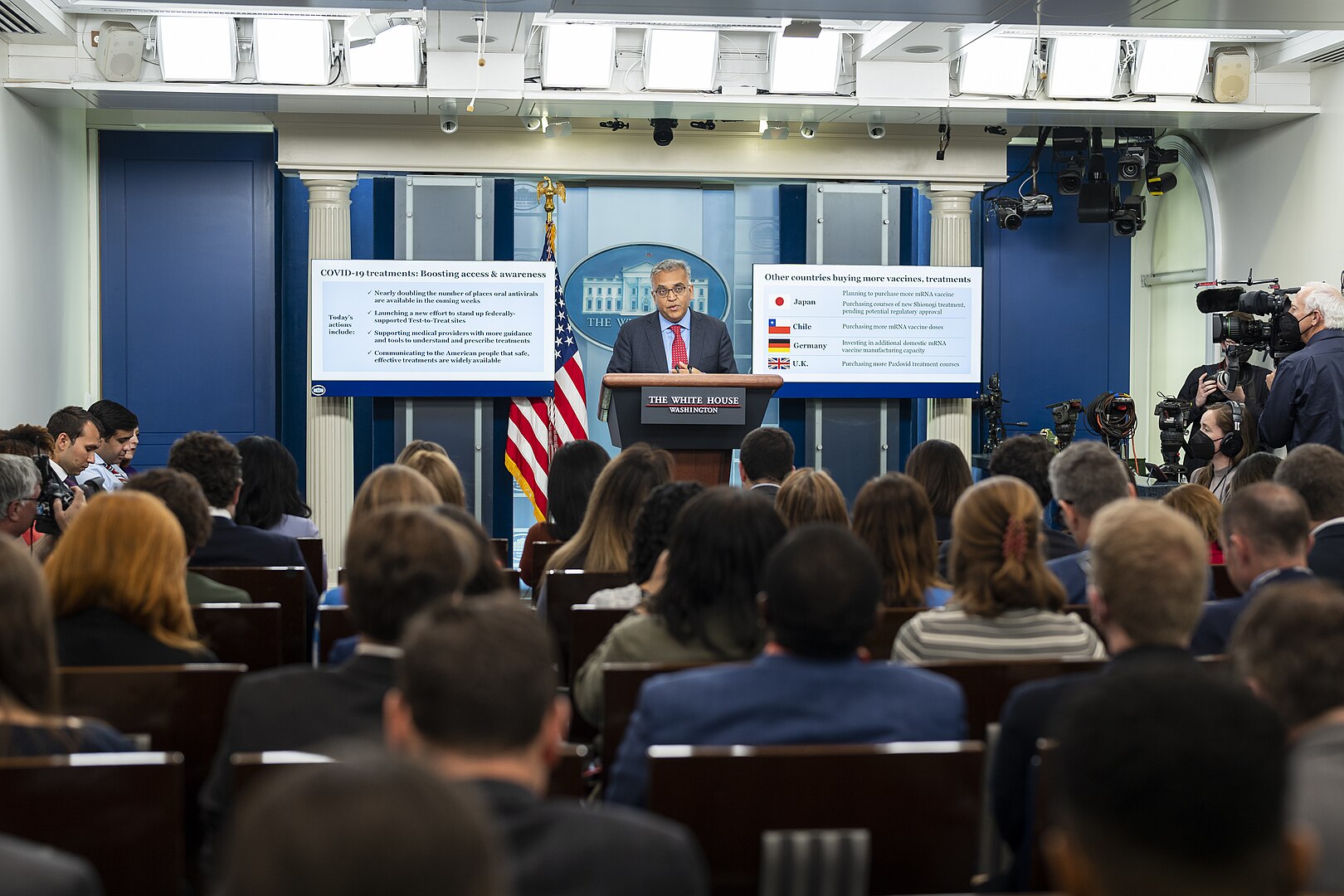
In a prior interview, Dr. Ashish Jha, dean of the Brown University School of Public Health and a previous White House Coronavirus response coordinator, said Coronavirus is possibly endemic in the U.S., meaning that it is following “a relatively predictable pattern that will last a very long time.”
This indicates that, like annual flu shots, we will receive an updated Covid vaccine each year to safeguard against mutations and waning immunity.
CDC Recommendations
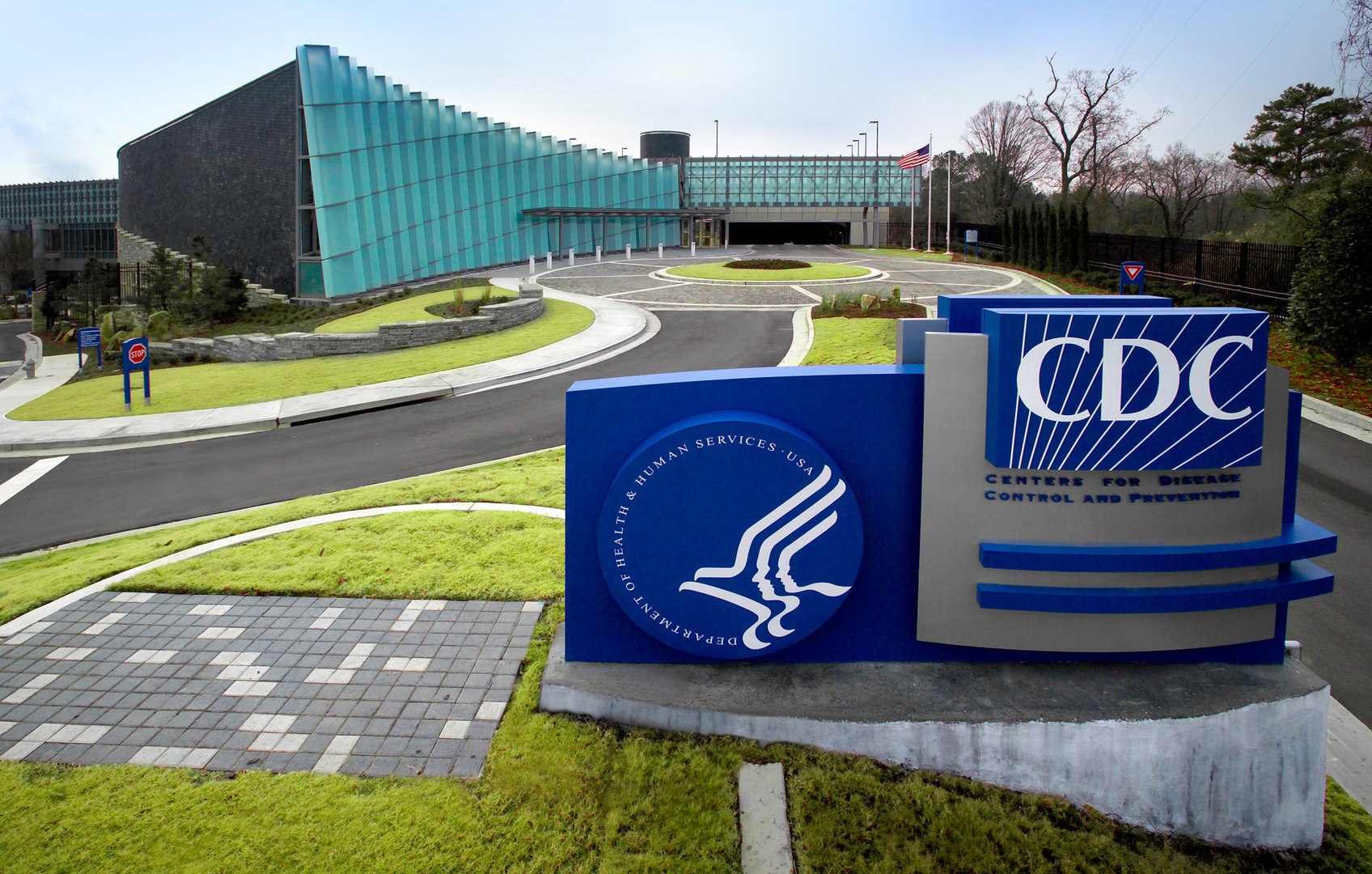
According to CDC data as of May 11, only 22.5% of adults had received the updated Covid vaccine from the previous year. Only 14.4% of children between the ages of 6 months and 17 years old were vaccinated.
The CDC recommended that all Americans over the age of six months receive the new vaccines for this fall.
“Vaccines Are Still Helpful”

However, infectious disease specialist at the University of Toronto Dr. Isaac Bogoch stated that it is difficult to make a one-size-fits-all recommendation regarding who ought to get the vaccine, particularly for young adults who are in good health.
He declared, “It’s fair to say that the vaccines are still helpful, certainly on an individual level, and to some extent on a community level.”
Recommended Cohorts
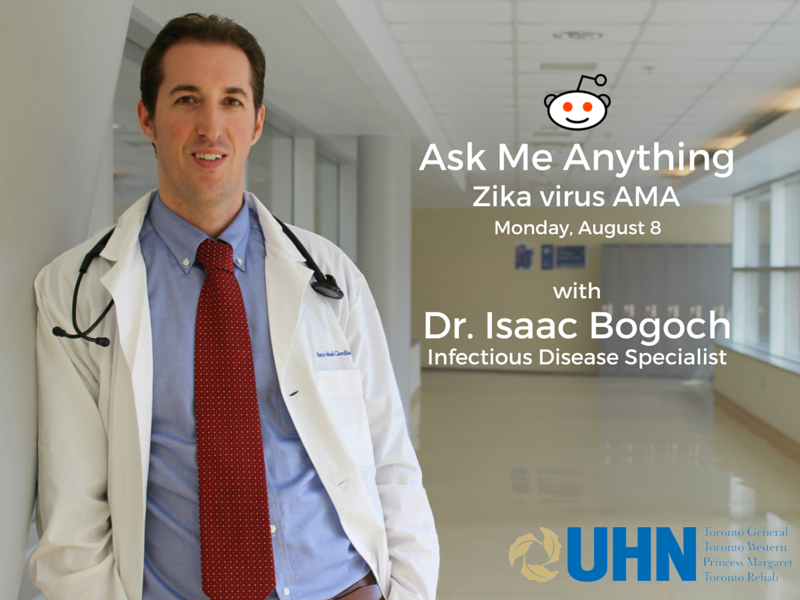
It’s fundamentally critical that individuals at the most severe risk of an extreme Coronavirus infection — including individuals older than 65, or with debilitated immune systems or underlying medical issues, like heart disease or obesity— get the vaccine, Bogoch said.
He stated, “The heavy lifting of the vaccine is really in protecting the most vulnerable people from severe outcomes, like hospitalization and death.”
Immune Boost
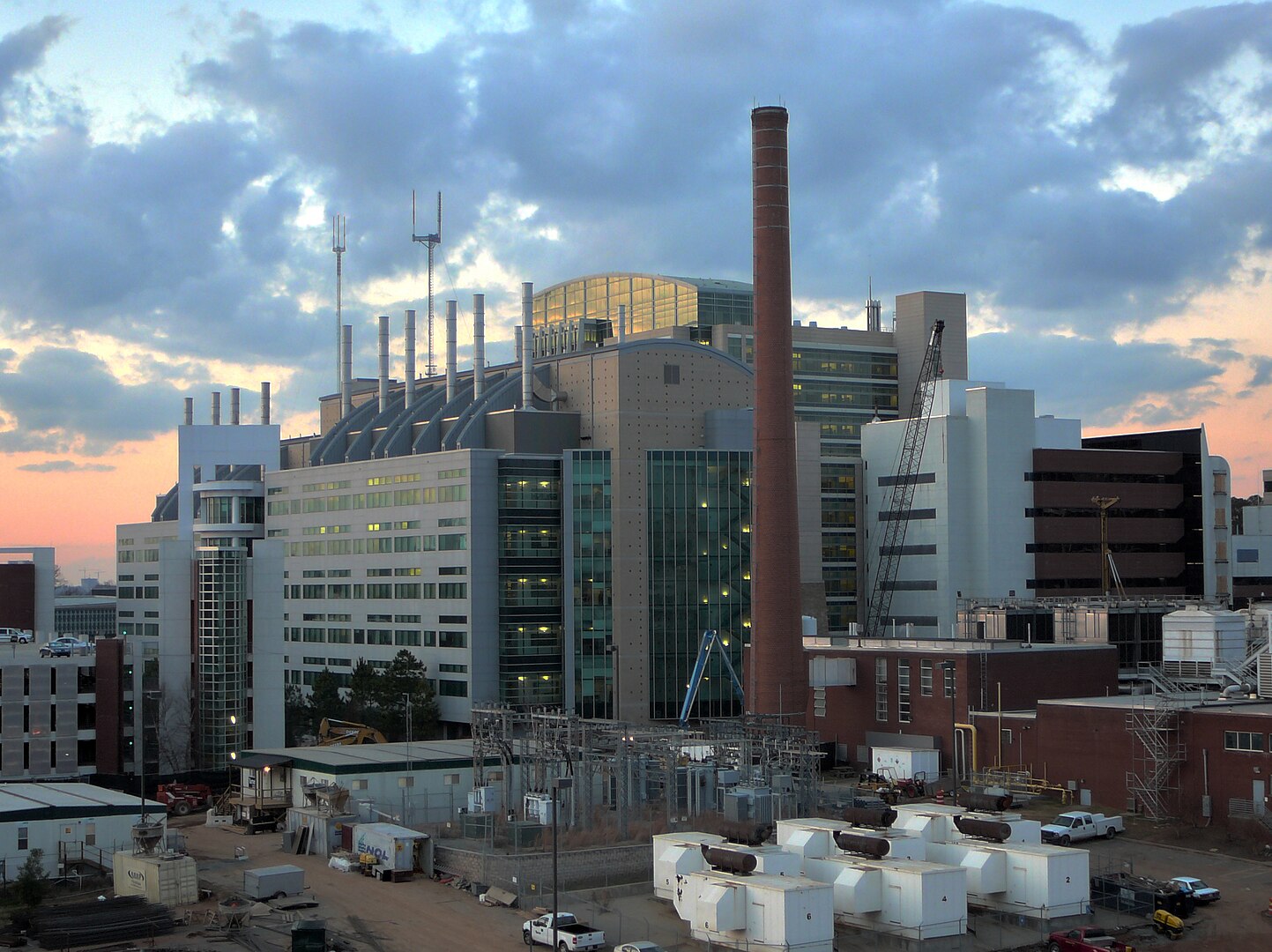
Covid has affected millions of Americans in recent weeks and months. A benefit of the mid-year wave is that individuals who have recently recuperated have an immune boost to ward off future diseases.
Since the vaccines will be accessible earlier compared to last year, the topic of timing for the most benefit through the winter is more pressing. As indicated by CDC advice, if you’ve contracted Covid recently, you may consider delaying your vaccine dose by 3 months.”
Protection from Infection

Experts recommend getting the vaccine as soon as it becomes available for people who are at high risk of serious illness. According to Dr. Ofer Levy, the director of the Precision Vaccines Program at Boston Children’s Hospital, this is due to the possibility that vaccination provides greater protection than infection does.
The severity of an infection, the strain, a person’s age, and their health all play a role in how well protected they are from infection.
According to Yale School of Medicine immunology professor Akiko Iwasaki, getting the vaccine so close to recovery from infection may not be as beneficial for healthy young people.
